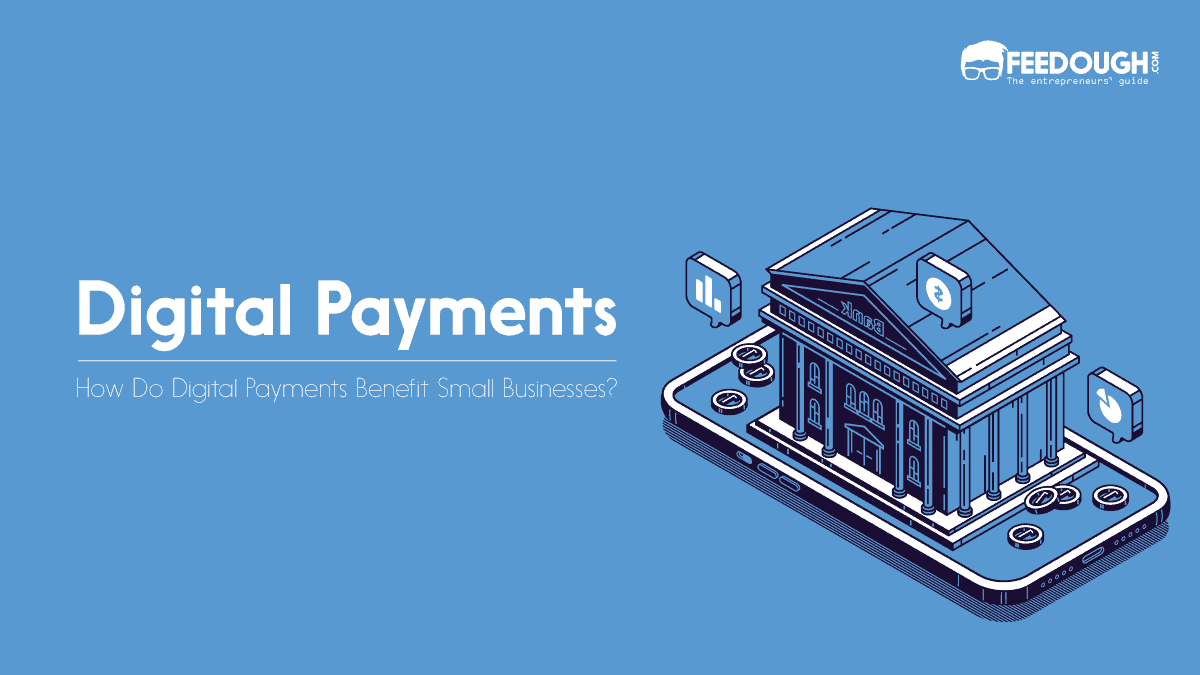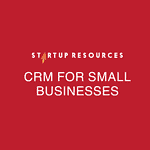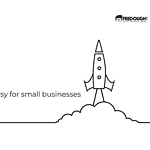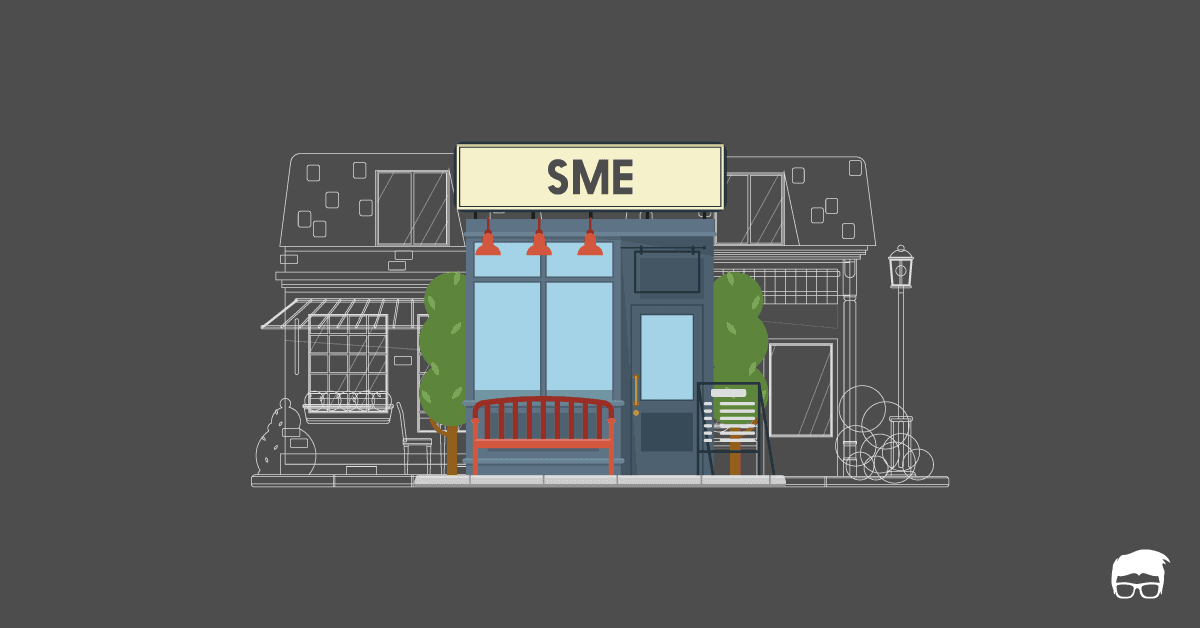Running a small business isn’t easy. You have to wear a lot of hats and take on a wide variety of responsibilities. Be it managing finances, keeping track of inventory, or dealing with employees – it can all be overwhelming sometimes.
But one area where small business owners truly struggle is marketing.
Marketing is crucial for small businesses specifically as they not only have to compete with other small businesses but also with larger companies that have bigger budgets. As a small business owner, you may not have the resources or budget to invest in traditional marketing methods like TV commercials or billboards. But that doesn’t mean you can’t effectively market your business and reach potential customers.
With that in mind, we have compiled a list of 30 marketing ideas for small businesses. These marketing ideas are affordable, easy to implement, and can help you attract new customers and retain existing ones.
Get Search Engine Exposure Using Google My Business
tl;dr: Build a Google My Business page to improve your search engine visibility. For example, if someone searches for a “local coffee shop,” your Google My Business page will show up with your website, address, and hours of operation.
Here’s an example where I searched for a grocery store near me.
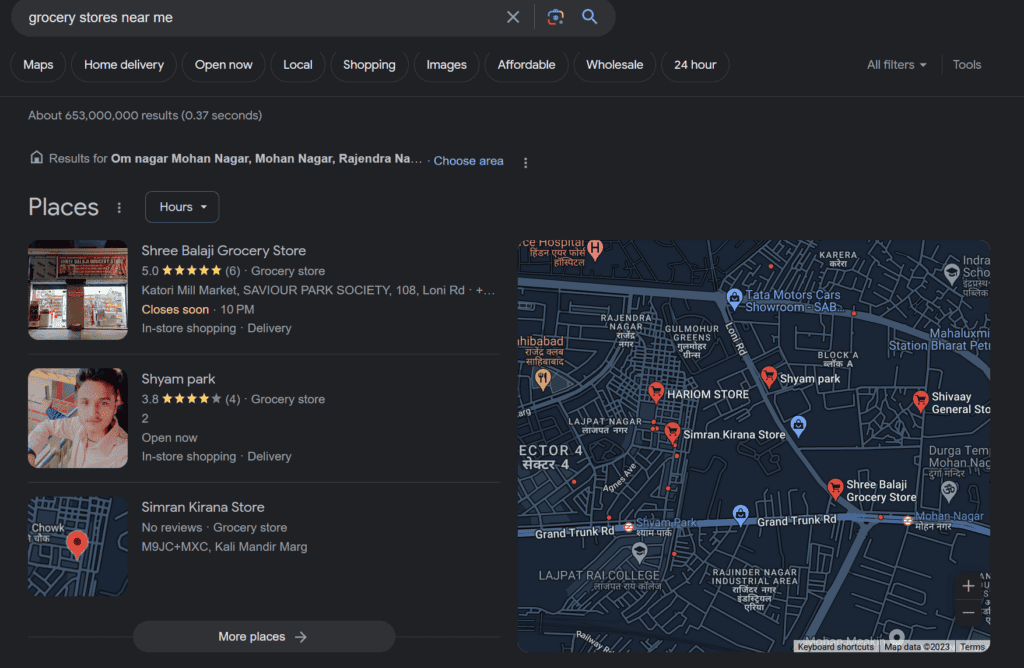
Similarly, you can make sure your business shows up when people search for products or services you offer. Simply create a Google My Business page and fill out all the necessary information. The information ranges from your business name, address, phone number, and hours to photos, reviews, and even posts.
And if you’re not that tech-savvy, you can even outsource this task on outsourcing websites like Fiverr, Upwork, etc., where people will build and optimise your Google My Business page for around $5.
Run Giveaways and Contests
Giveaways refer to offering free products or services to your audience. Contests, on the other hand, involve asking your audience to participate in a certain task or challenge and rewarding the winner with a prize.
Both these marketing ideas can help you attract new customers and increase brand awareness.
For example, you can run online giveaways on social media platforms, where participants have to like, share, and tag their friends in the comments section to enter.
Or you can host a contest where people have to create content related to your brand and use a specific hashtag.
Whatever the case, these strategies only work when the prize is valuable and relevant to your audience. Instead of giving away a generic gift card, offer your product or service as the prize. This way, you can attract potential customers who are genuinely interested in what you have to offer.
Collaborate with Local Businesses
Collaborating with other local businesses can be a win-win situation for both parties. You can cross-promote each other’s products or services to reach a larger audience and attract new customers.
For example, if you own a bakery, team up with a nearby coffee shop to offer a discount on coffee for customers who buy your pastries. Or if you run a clothing store, collaborate with a shoe store to create combo deals and promote them on social media.
This is called cross-promotion, and even big companies use this tactic. For example, McDonald’s and Coca-Cola often collaborate on marketing campaigns.
So, don’t hesitate to reach out to other small businesses in your area and explore potential collaborative opportunities.
Here are some ideas for your type of small business:
- If you’re a restaurant, collaborate with a local brewery and offer discounted beer with your meals. They get to promote their beer, and you get to attract more customers.
- If you’re a pet store, collaborate with a dog grooming salon and offer a discount on grooming services for customers who buy your products. They can also display your products in their store, giving them more variety and potential sales while promoting your business.
- If you’re a gym or fitness studio, collaborate with a nutritionist to offer discounts on meal plans for your members. This adds more value to your services and creates a well-rounded health and wellness experience for your customers.
The possibilities are endless. All you have to do is think of businesses that complement yours and reach out to them with a collaboration idea.
Host Events or Workshops
Events and workshops are a great way to attract new customers and engage with your existing ones. You can either host them in-person or virtually, depending on the nature of your business and current circumstances.
If you’re a bookstore, you can host book signings, author talks, or even book clubs. If you’re a boutique, you can have a fashion show event to showcase your latest collection.
But ensure that just hosting isn’t enough, you’d need to market your event or workshop to reach potential attendees. You can create a Facebook event, send out email invites or post about it on your social media platforms.
These events not only attract new customers but also give you an opportunity to interact with them and build a relationship, increasing the chances of them becoming repeat customers in the future.
Showcase Your Expertise Through Content Marketing
Content marketing is a powerful tool for small businesses to showcase their expertise and knowledge in their niche. You can create blog posts, videos, or even podcasts related to your products or services.
For example, if you own a bakery, you can create a blog post on “5 Tips for Baking the Perfect Cake” or make a video tutorial on how to decorate cupcakes. This not only establishes you as an expert in your field but also drives traffic to your website and social media platforms.
And remember, content doesn’t always have to be promotional. In fact, educational or instructional content tends to perform better as it provides value to the audience rather than just trying to sell them something.
While this feels like a lot of work, you can start small by creating one piece of content per week and gradually increase it as you get comfortable. You can even hire part time interns or virtual assistants to help with content creation and management.
Leverage Social Media
Social media is a cost-effective way for small businesses to reach potential customers and engage with their current ones. The key is to find the right platform for your business and create engaging content that resonates with your audience.
For example, if you own a beauty salon, Instagram would be a great platform to showcase your work and attract potential clients. For an interior design business, Pinterest would be ideal to showcase your portfolio and attract new clients. And LinkedIn would be a great platform for B2B businesses to network and connect with potential clients or partners.
But just building a profile on these platforms isn’t enough. You need to actively engage with your audience by:
- Content creation: Posting regularly about what the people want to see. Explore different formats like images, videos, reels etc.; capitalise on what is trending; develop content that is shareable and gets you more reach.
- Engagement: Responding to comments, messages, reviews, and mentions. This shows that you care about your audience and build a relationship with them.
- Collaboration: Collaborating with other businesses or influencers in your niche can help expand your reach and attract new followers/customers.
Social media platforms also offer paid advertising options that can help you reach a larger and more specific audience. You can run targeted ads based on location, interests, and demographics to attract new customers.
But ensure that you have a well-defined strategy in place and track your results to make the most out of your social media efforts.
Manage Local Listings and Reviews
In today’s digital age, most people rely on online reviews and local listings to find businesses. For example, a person may search for restaurants to visit on Zomato (India), Yelp (USA), or TripAdvisor (Global).
As a small business, it is crucial to manage your online presence and ensure that you have accurate information listed on these platforms. This includes your name, address, phone number, website link, hours of operation, and photos.
Encourage satisfied customers to leave reviews on these platforms, as positive reviews can attract more customers. But don’t ignore negative reviews, either. Respond to them professionally and try to address their concerns. This shows that you value customer feedback and are willing to improve.
For starters, these are a few platforms (industry-oriented) you can list your business on:
- TripAdvisor (travel and hospitality industry)
- Zomato/ Yelp (food and beverage industry)
- Houzz (home improvement industry)
- WeddingWire/The Knot (wedding industry)
- HealthGrades (healthcare industry)
- Trivago (travel and hospitality industry)
- (home improvement industry)
- Vitals (healthcare industry)
Keep track of your online presence and reviews to ensure that you are putting your best foot forward in the digital world.
Use Sales and Discounts Strategically
Everyone loves a good deal, and sales and discounts are a great way to attract new customers. But as a small business, it’s essential to use them strategically.
For example, you as a small business owner have two major customer-oriented goals –
- Bring new customers
- Make old customers return
Discounts and deals can help with both these goals. You can offer a first-time discount to attract new customers and build trust. Or you can offer loyalty discounts or referral discounts to encourage repeat business and word-of-mouth marketing.
But make sure that your discounts are not too steep, as it could eat into your profits. Such offers should be limited to certain periods or conditions to create a sense of urgency and encourage customers to take action.
Build A Loyalty Program
It costs five times more to acquire a new customer than to retain an existing one. This is why building a loyalty program for your small business can be a smart move.
A loyalty program refers to rewarding customers for their continued business with discounts, freebies, or exclusive offers. This not only incentivises repeat business but also creates a sense of exclusivity and appreciation towards your brand.
You can offer loyalty programs through physical punch cards, mobile apps, or even email campaigns.
But ensure that the rewards hold some utility for your customers and the program is simple to understand and use. A complicated loyalty program may discourage customers from participating.
Here are two examples – one of a good loyalty program and the other of a confusing one:
- Good loyalty program: A coffee shop offers a free drink after every 10 purchases.
- Confusing loyalty program: A boutique clothing store offers a 5% discount on the first Monday of every month for customers who have spent over $500 in the past year.
Keep your loyalty program simple and easy to understand, and your customers will appreciate it.
Build A Community
Communities are the new evangelists that you earn with your good work. A community is a group of people with shared interests and values who come together to support each other.
They can include your customers, employees, partners, and even other businesses in your niche. Building a community around your brand can help you attract new customers through word-of-mouth marketing and create a loyal customer base.
You can build a community by:
- Hosting events or workshops related to your business
- Creating online groups where people can share their experiences and connect with other like-minded individuals
- Collaborating with other businesses or influencers to reach a wider audience and engage with their communities
Suppose you own a gym. You can create an online group for your members to share their fitness journeys, recipes, and motivational tips. This community doesn’t necessarily be offline or limited to your own gym members. You can host it on channels like WhatsApp and even include influencers in the fitness industry to engage with your community.
Apply For Business Awards
A regular customer might not want to try out a new small business. But if that business has won the best-of-the-best award in their industry, it could catch their attention.
Applying for business awards can give your small business the recognition and credibility it deserves. It not only helps with brand awareness but also establishes trust among potential customers.
Keep an eye out for relevant industry awards and apply for them. Oftentimes, such awards require you to pay a nominal entry fee, but the potential benefits can be worth it. Even if you don’t win, being nominated alone can boost your business’s credibility and visibility.
Engage In Influencer Marketing
Influencer marketing refers to collaborating with individuals who have a significant following on social media or the internet. These influencers can help you reach your target audience through their platforms and increase brand awareness.
Lifestyle influencers or niche-specific bloggers have a loyal following and can, therefore, strongly impact their audience’s purchasing decisions.
You can use influencer marketing in various ways, such as:
- Collaborating with influencers for sponsored posts or product reviews
- Hosting a giveaway or contest on the influencer’s platform
- Offering discounts or free products to the influencer’s followers
But make sure you choose an influencer who aligns with your brand values and target audience. This way, their followers are more likely to be interested in your business and potential customers.
Host Themed Events
Keeping your target audience engaged and interested is the best way to create brand loyalty for a small business. Hosting themed events is a fun and effective way to engage with your audience.
These events can be related to your business or industry, but they don’t have to be. For example, if you own a bakery, you can host a cupcake decorating contest for kids during Halloween. This will attract families and give them an opportunity to experience your products and services in a unique way.
Similarly, if you have a clothing boutique, you can host a fashion show or pop-up shop featuring local designers and influencers. This will not only attract potential customers but also create a sense of community within your niche.
Use SMS/WhatsApp Marketing
Your target audience is always on their phones, so why not reach out to them through SMS or WhatsApp? This marketing idea is especially effective for small businesses with a local customer base.
You can send personalised messages or offers to your customers, keeping them updated about new products, events, or promotions. Whatsapp and SMS see far more open and engagement rates than emails or social media posts, making them a valuable marketing tool for small businesses.
However, ensure you have your customer’s permission before sending them any messages. Also ensure you don’t spam their inbox with too many messages, as this can lead to them blocking you and can eventually harm your brand image.
Capitalise On Geo-Targeted Ads
Geo-targeted ads refer to advertisements only shown to people in a specific geographical location. This can be an effective marketing idea for small businesses, as it helps you reach potential customers who are physically close to your business.
Platforms like Google Ads and Facebook Ads allow you to set up geo-targeted campaigns, where you can choose the radius or pin-drop location for your ads. This works particularly well for businesses that rely on foot traffic, such as restaurants, salons, or retail stores.
You can also use geo-targeting to advertise special offers or promotions to people within a certain location. This can entice them to visit your business and make a purchase.
Introduce Interactive Packaging
Interactive packaging is a creative marketing technique that encourages customers to engage with your product uniquely. By transforming the packaging into something interactive, you not only make unboxing fun but also create a memorable experience for your customers, thereby enhancing brand recall.
The best part? The customer may become your evangelist on social media, sharing the interactive packaging with their followers and potentially attracting new customers for you.
This could be as simple as creating a package that can be reused in an interesting way, or it could involve integrating QR codes or augmented reality features that lead to interactive digital content. For instance, a QR code on a food package could take the customer to a webpage with recipe ideas for that product.
Remember, the goal is to add value to the customer experience and encourage them to interact with your brand beyond just the product itself.
Reward Customers For Reviews And Testimonials
In today’s digital age, reviews and testimonials can be a powerful marketing tool. They provide social proof, boost credibility, and help potential customers make informed decisions. Moreover, positive reviews can significantly improve your business’s online visibility and ranking on search engines, helping on online reputation management.
Therefore, why not incentivise your customers to leave reviews and testimonials about your product or service? You can offer discounts, freebies, or loyalty points to customers who give valuable feedback. This not only encourages them to interact with your brand but also helps you gain valuable insights into their experience.
You can then use these reviews and testimonials in your marketing materials, website, or social media.
However, it’s important to note that while you encourage positive reviews, you should also be open to constructive criticism. Addressing negative feedback with professionalism and promptness can turn a dissatisfied customer into a loyal one and show onlookers that you value customer satisfaction.
Start A Subscription Product/Service
Subscription-based models are gaining popularity, and for a good reason. They offer convenience to customers and provide businesses with consistent revenue streams. For example, a male customer may want to receive razors monthly, or a coffee-lover may want to try new blends weekly. This is where subscription models come in.
As a small business owner, you can introduce a subscription service for your product. If you sell skincare products, consider offering customers a monthly box with deluxe samples of new products or exclusive discounts on full-size items. Or if you offer services such as coaching or consulting, you can offer a monthly subscription for access to exclusive resources and webinars.
Not only does this generate recurring revenue for your business, but it also creates a sense of exclusivity and loyalty among subscribers, eventually leading to an endowment effect. And as your subscriber base grows, you can even expand your offerings and introduce more tiers of subscription plans.
Try Guerrilla Marketing
Guerrilla marketing or undercover marketing refers to unconventional, low-cost marketing tactics that aim to create a buzz and attract attention. These strategies often involve using public spaces or events to creatively promote your brand.
For example, you can use chalk art on sidewalks, place stickers or posters in strategic locations, or even organise flash mobs to surprise and engage potential customers. This type of marketing is particularly effective for small businesses with limited budgets, as it relies on creativity and innovation rather than a large advertising budget.
Here are some examples of successful guerrilla marketing campaigns:
[video: https://www.youtube.com/watch?v=lqT_dPApj9U]
- Coca-Cola’s “Happiness Machine” campaign, where they placed a vending machine in a college campus and surprised students with free bottles of Coke.
- IKEA’s “Pee Ad,” where they placed an ad in women’s magazines that doubled as a pregnancy test. The ad would reveal a discount on a crib if the reader was pregnant.
- Using geofencing technology, Burger King’s “Whopper Detour” campaign offered customers one cent Whoppers if they were within 600 feet of a McDonald’s.
Teach Something New
As a small business owner, you have unique knowledge and expertise in your field. Why not share this knowledge with your customers and potential customers? Not only does it establish you as an authority in your industry, but it also allows you to form personal connections with your audience.
You can host workshops or webinars on relevant topics, create informative blog posts or videos, or even offer free consultations. This not only adds value to your customers but also helps you build a rapport with them.
For example, if you own a bakery, you could offer a cookie decorating workshop for kids or a bread-making class for adults. Or if you’re a social media marketing agency, you could host a webinar on the latest trends and strategies in the industry.
Sharing your knowledge not only helps customers learn something new but also exposes them to your business, potentially leading to conversions. Additionally, this type of marketing can also be cost-effective as it relies on your expertise and time rather than expensive resources.
A startup consultant, digital marketer, traveller, and philomath. Aashish has worked with over 20 startups and successfully helped them ideate, raise money, and succeed. When not working, he can be found hiking, camping, and stargazing.


